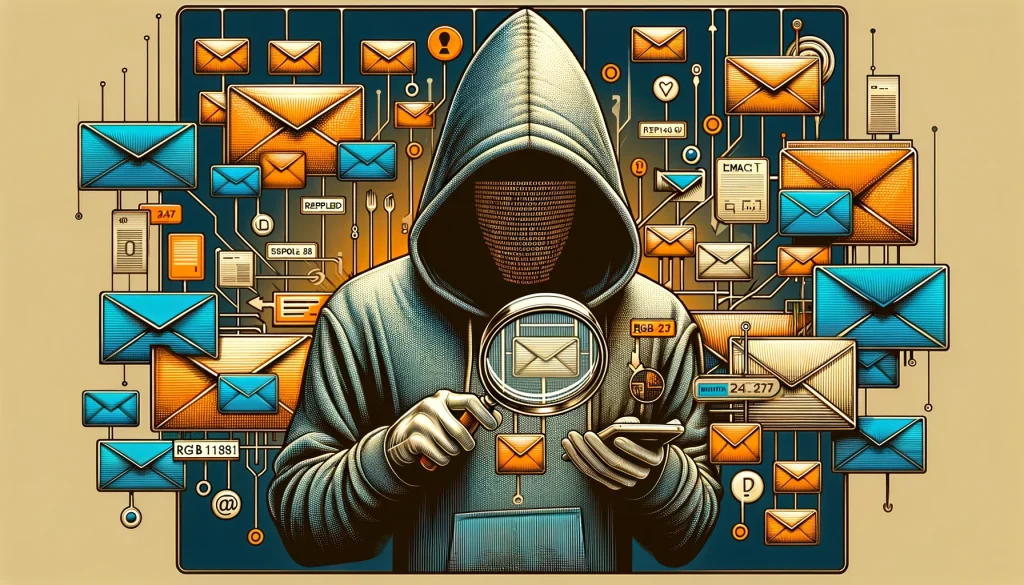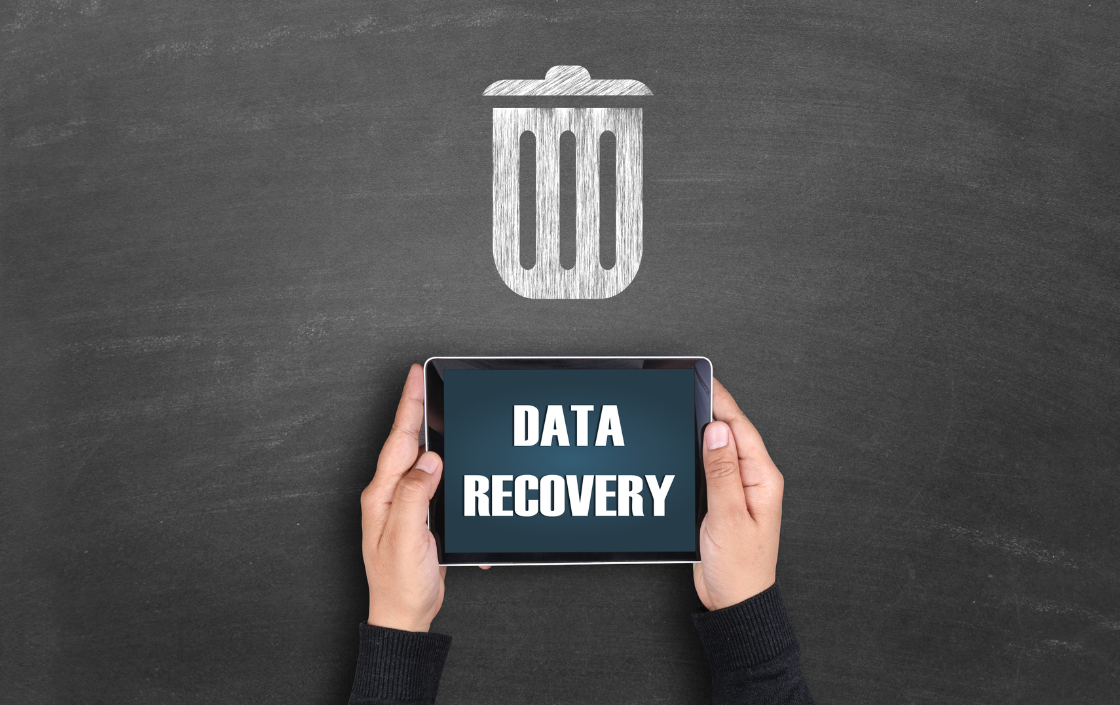
Understanding Email Forensics: Techniques and Applications
In today’s digital landscape, emails are one of the primary means of communication for individuals and businesses alike. However, with the increasing reliance on emails, the potential for misuse, fraud, and criminal activity has also grown. Email forensics has emerged as a critical field that focuses on the investigation and analysis of email data to uncover evidence, resolve disputes, and support legal cases. In this article, we will explore what email forensics entails, its significance, and the methods used in forensic investigations.
What is Email Forensics?
Email forensics is a specialized branch of digital forensics that involves the recovery, analysis, and presentation of data contained within email communications. This process is essential for various purposes, including legal investigations, corporate security assessments, and personal disputes. Email forensics can help identify the source of an email, track its transmission path, and retrieve deleted messages, providing vital information in criminal or civil cases.
Why is Email Forensics Important?
The importance of email forensics cannot be overstated. Here are some key reasons why it plays a vital role in both personal and professional contexts:
- Legal Investigations: In cases of fraud, harassment, or other illegal activities, emails often serve as critical evidence. Forensic analysis can help establish timelines, identify perpetrators, and provide context to the communications involved.
- Corporate Security: Organizations may need to investigate potential data breaches, insider threats, or policy violations. Email forensics can assist in identifying how sensitive information was accessed or leaked.
- Dispute Resolution: In personal or business disputes, email communications can provide essential documentation. Forensic analysis helps to verify claims made by parties involved in a disagreement.
- Compliance and Policy Enforcement: Businesses may use email forensics to ensure compliance with regulations and internal policies, helping to mitigate legal risks.
Key Techniques in Email Forensics
Email forensics involves various techniques and methodologies to extract and analyze email data. Some of the most common techniques include:
1. Email Header Analysis
Every email contains a header that provides crucial information about the message, including the sender, recipient, subject, date, and time. Analyzing email headers can reveal the email’s route, allowing forensic experts to trace its origin and detect any alterations or spoofing attempts.
2. Content Examination
Investigators analyze the content of emails to identify keywords, patterns, or themes. This examination can include looking for attachments, embedded links, and images that may provide additional context or evidence.
3. Recovery of Deleted Emails
Many email platforms allow users to delete messages, but in many cases, deleted emails can still be recovered. Forensic experts can use specialized tools to retrieve these emails from servers or local storage, even if they appear to be permanently deleted.
4. Timeline Reconstruction
By piecing together emails and their timestamps, forensic analysts can create a timeline of events. This can be particularly useful in legal cases where establishing a sequence of actions is crucial to understanding the context of the situation.
5. Signature and Metadata Analysis
Emails contain metadata, which provides information about the email’s creation and modifications. Analyzing this metadata can help verify the authenticity of the email and identify any alterations made to the content or timing.
Challenges in Email Forensics
While email forensics offers significant benefits, it also comes with challenges:
- Encryption: Emails that are encrypted can complicate the forensic analysis process, as investigators may struggle to access the content without the proper decryption keys.
- Volume of Data: The sheer volume of emails, especially in large organizations, can make analysis time-consuming and resource-intensive.
- Privacy Concerns: Investigators must navigate privacy laws and ethical considerations, ensuring that their work complies with legal standards.
Conclusion
Email forensics is an indispensable tool in the modern digital landscape. Whether for legal investigations, corporate security assessments, or personal disputes, the ability to analyze and recover email data can provide crucial insights and evidence. As technology continues to evolve, so too will the techniques and tools used in email forensics, ensuring that individuals and organizations can effectively address the challenges posed by email-related issues. In an age where information is power, understanding email forensics is not just beneficial—it’s essential.



